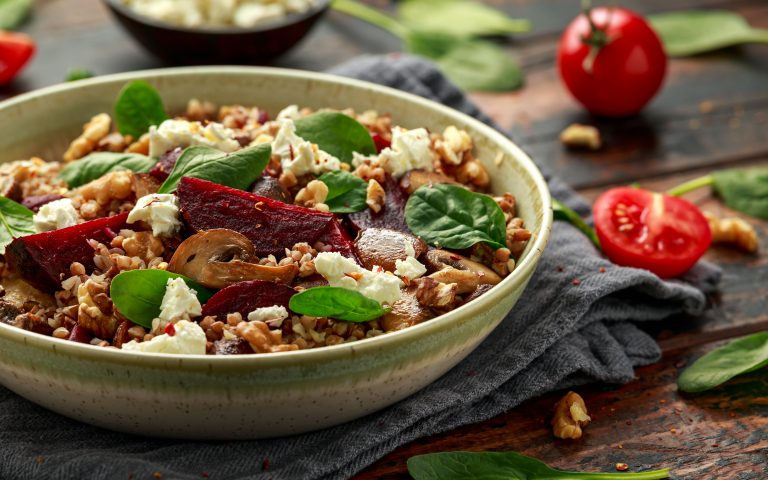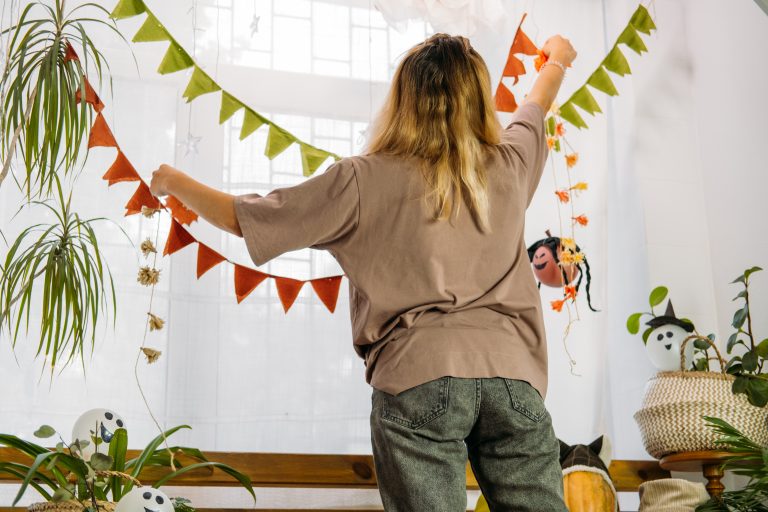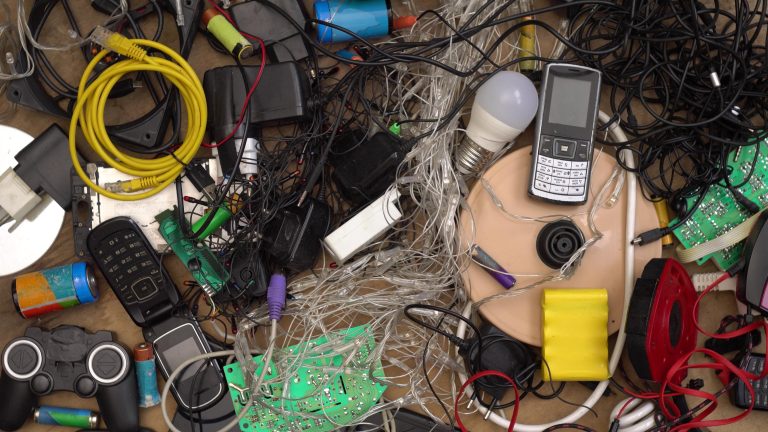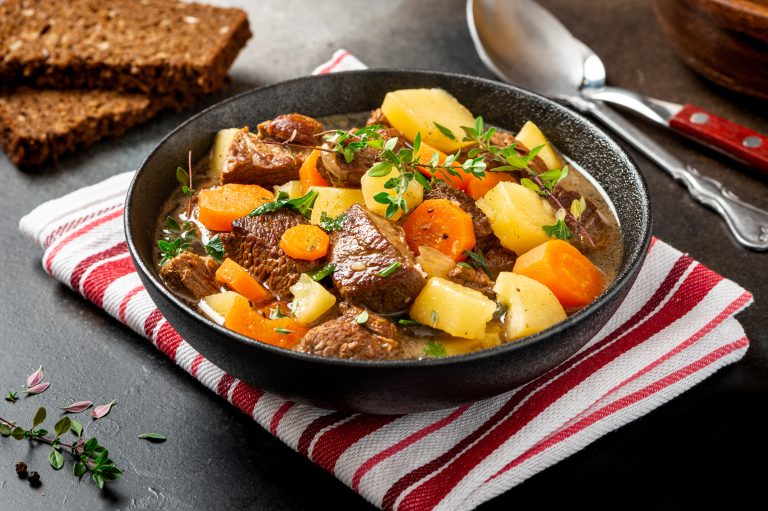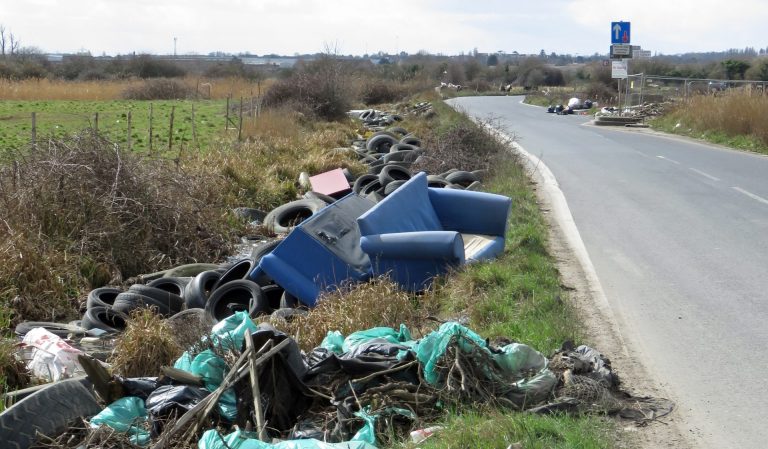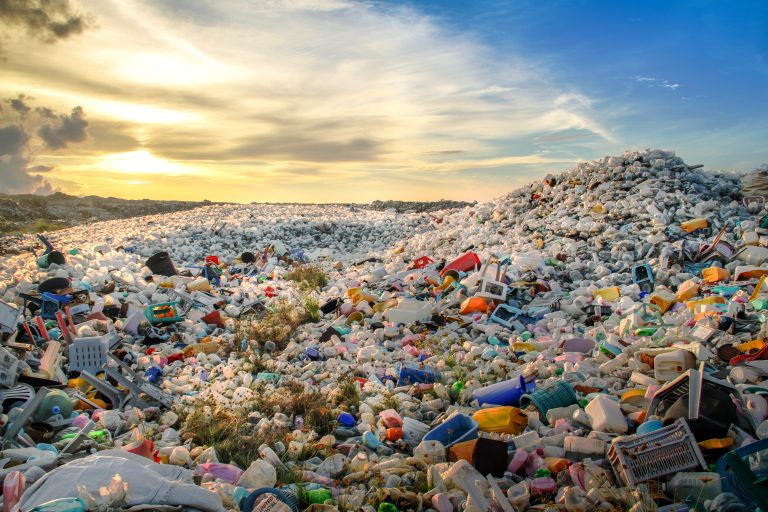Easter is a time of renewal, joy, and reflection. It’s a season filled with vibrant colours, delicious treats, family gatherings and, of course, egg hunts. But as we celebrate this festive occasion, it’s also an opportunity to consider the environmental impact of our celebrations and how we can incorporate recycling into the festivities. With a few thoughtful adjustments, we can make Easter not only a fun and meaningful time but also one that contributes positively to our planet.
Why Recycling Matters During Easter
Every year, we generate tons of waste from holiday celebrations and Easter is no exception. From plastic eggs and chocolate wrappers to disposable decorations and non-recyclable gift packaging, these items often end up in landfills. With a little creativity and awareness, however, we can reduce waste and minimise our environmental footprint, while still enjoying the traditions that make Easter special.
- Eco-Friendly Easter Eggs
Plastic Easter eggs are a staple for many families, but they often end up discarded after the holiday. If you want to reduce plastic waste, consider using reusable eggs made from materials like wood or cardboard. These can be decorated and used year after year. You can even fill them with eco-friendly treats like dried fruits or homemade sweeties in reusable containers.
Alternatively, dye real eggs with natural food colouring or plant-based dyes, which are non-toxic and environmentally friendly. If you choose to use plastic eggs, remember to recycle them properly once the holiday is over.
- Sustainable Easter Decorations
While colourful decorations are a fun part of Easter, many of the items we use for home décor are made from materials that aren’t easy to recycle. Instead of buying plastic garlands, plastic flowers, or synthetic materials, try crafting your own decorations using natural or upcycled materials. You can create beautiful table centrepieces with branches, flowers and even recycled paper for Easter cards or garlands.
You can also repurpose old items into new decorations. For example, empty toilet paper rolls can be turned into bunny-shaped crafts, or glass jars can become vases for fresh flowers. These small steps reduce waste and give a fresh look to your celebration.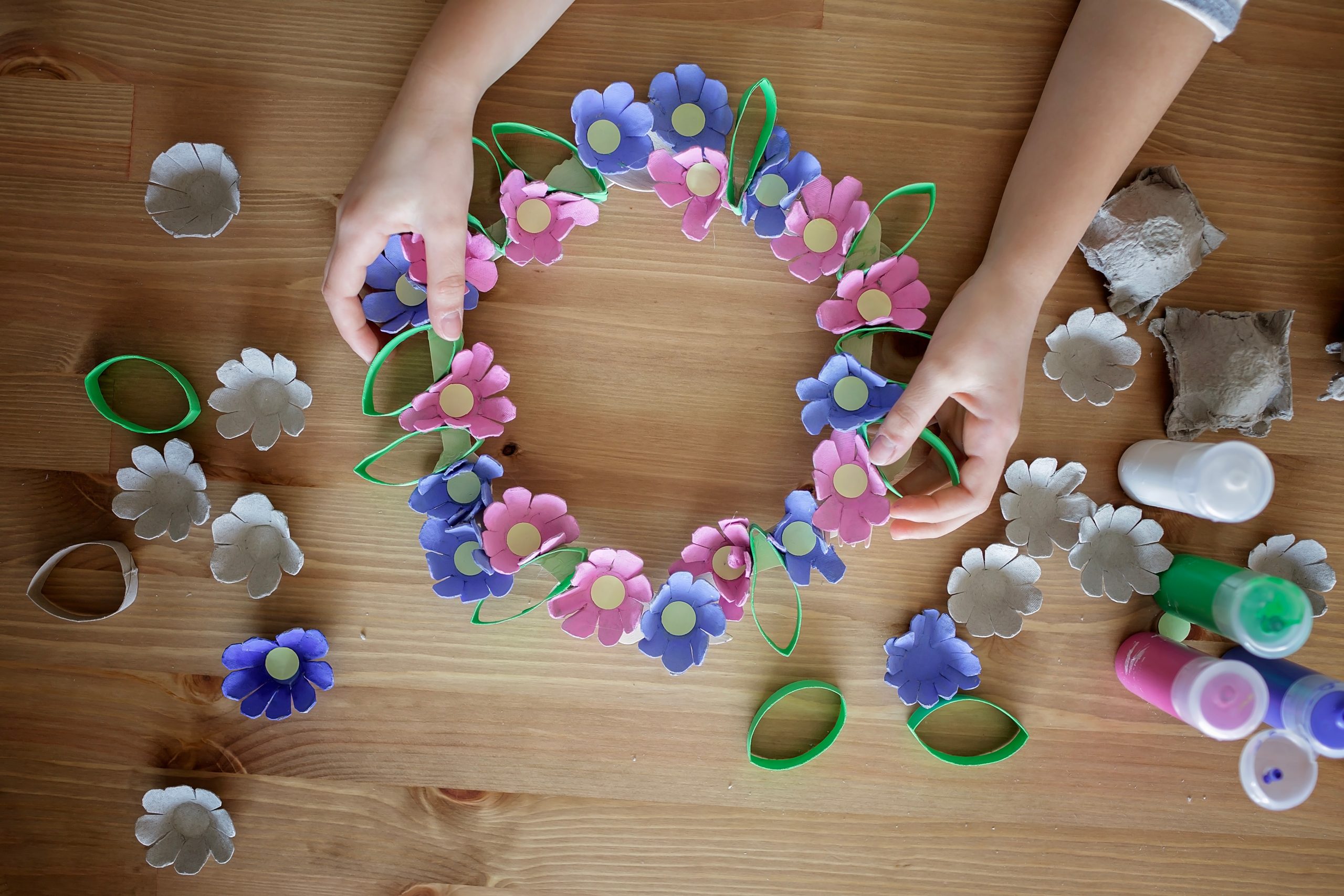
- Reducing Packaging Waste
Easter is also a time when many of us indulge in chocolates and sweets. Unfortunately, much of the chocolate packaging is not recyclable, especially with the plastic-wrapped treats. Opt for locally made, minimally packaged treats or purchase chocolate that comes in recyclable or biodegradable packaging. Additionally, some companies offer organic and fair-trade chocolates, supporting ethical practices along with reducing environmental impact.
Another great option is making your own Easter treats. Baking cookies, cakes, or sweets in the shape of Easter bunnies and eggs eliminates the need for packaging altogether, while allowing you to have a hands-on experience with the family.
- Gift-Giving with a Green Twist
Easter often involves gift-giving, whether it’s a small token for loved ones or a big basket of goodies. To minimise waste, consider giving eco-conscious gifts. You can choose items such as reusable water bottles, organic cotton clothing, or hand-made crafts that are more sustainable and long-lasting. When wrapping your gifts, opt for recycled paper or fabric gift bags and avoid using single-use ribbons or synthetic bows that can’t be recycled.
- Composting Easter Waste
Many of the items we use for Easter celebrations, such as food scraps from the family dinner or organic decorations, can be composted. Eggshells, fruit peels and vegetable scraps are great for composting, and it reduces the amount of food waste that ends up in landfills. Additionally, flowers and plants used for decorations can often be composted, reducing the environmental impact of your Easter decorations once the holiday is over.
- Eco-Friendly Easter Baskets
Instead of purchasing disposable baskets filled with plastic grass and cheap trinkets, consider creating a sustainable Easter basket. You can use a reusable woven basket, fill it with organic treats and add eco-friendly items like reusable straws, seeds for planting, or handmade soap. Not only will this reduce waste, but it also promotes a more mindful approach to gift-giving and celebrations.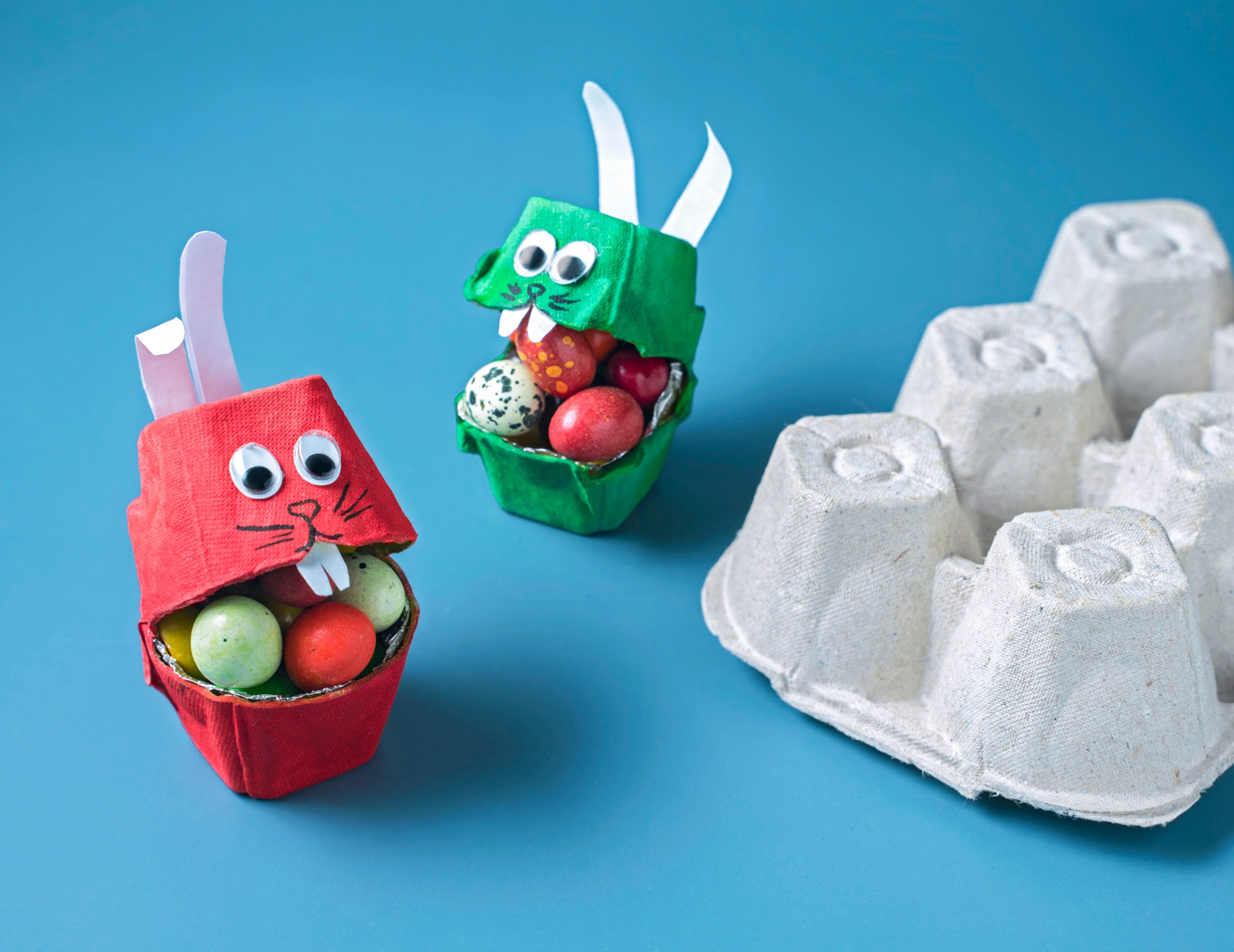
Make Easter Greener
This Easter, as you gather with friends and family, take a moment to consider how you can make your celebration more eco-friendly. From choosing sustainable decorations and packaging to reducing plastic waste and composting organic materials, every little action contributes to a cleaner, greener planet. Celebrating Easter in an environmentally conscious way is not only a gift to the earth but also a way to set an example for future generations, teaching them the importance of caring for the world around them.
By embracing the spirit of renewal that comes with Easter, we can create a holiday that is not only filled with joy and laughter but also leaves a positive legacy for the planet. Happy Easter, and happy recycling!



